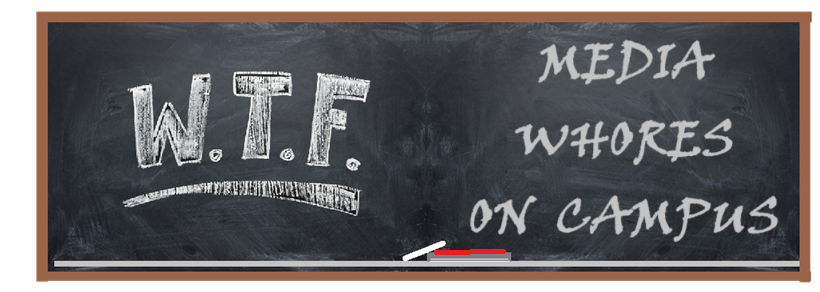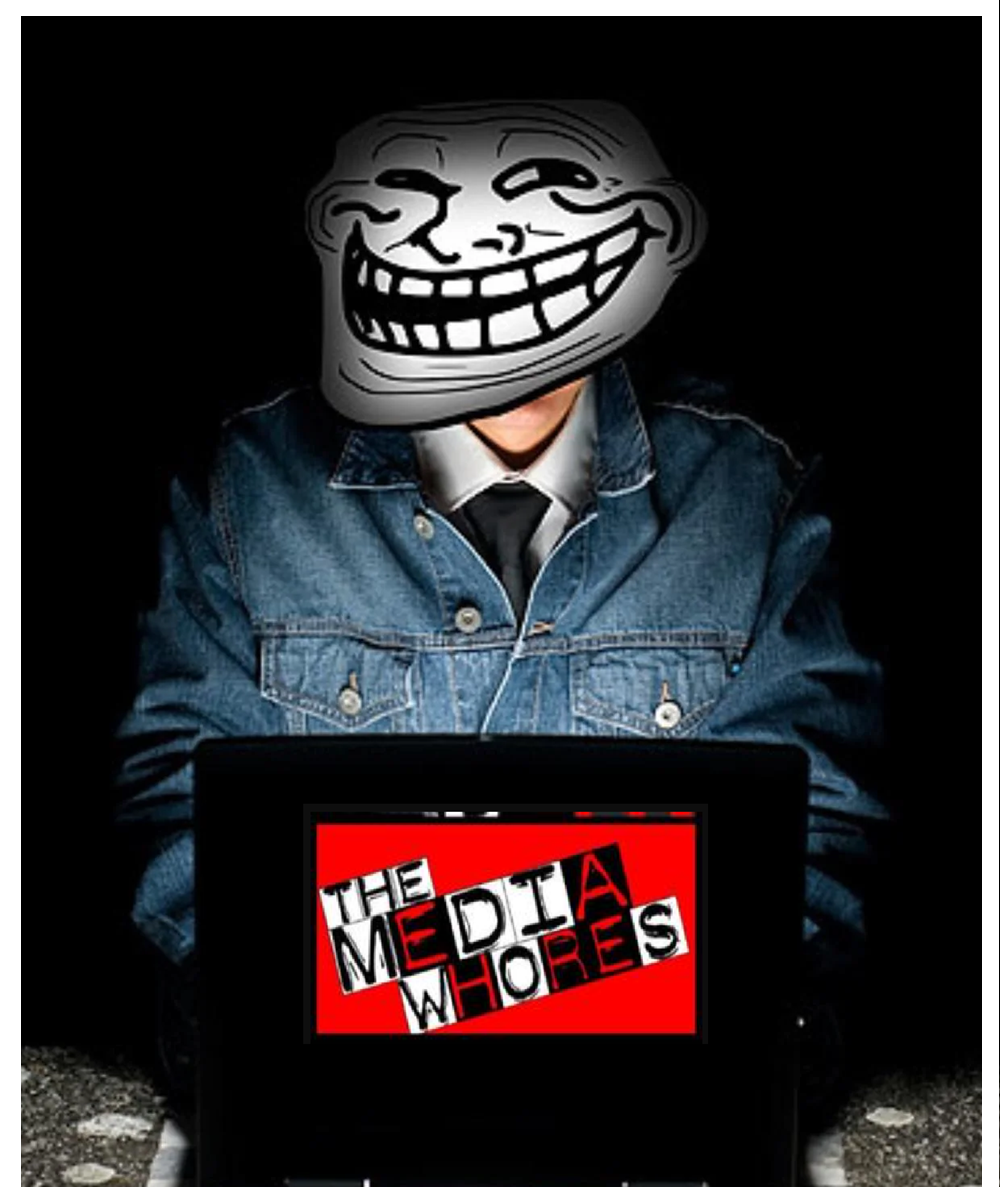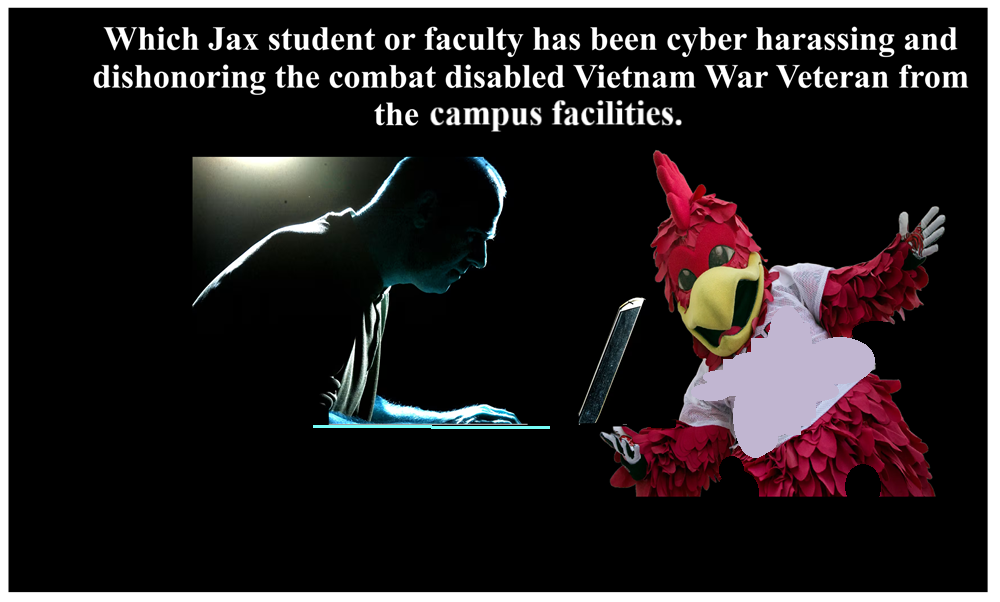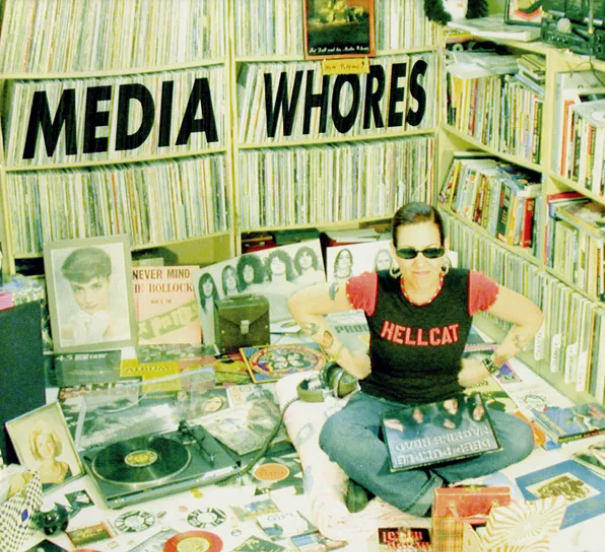



The masked marauding media whore of the mixed martial arts world (based in Grenada, Mississippi) is and has been operating from the locker room stalls of academia on Jax State University internet platforms in Anniston, Alabama. The student(s) are embroiled in a lawsuit involving other (so called) martial artists with anonymous spoofing names in several States.


Cocky the Gamecock is the beloved mascot of Jacksonville State University, representing the university's spirit and pride. Originally known as the "Eagle Owls," the name was changed in 1946 to reflect a more fitting symbol of Southern grit and determination. Cocky is characterized by his energetic and enthusiastic demeanor, often seen cheering on the sidelines and participating in various campus events. The mascot has evolved over time, becoming a beloved figure among fans, and is known for its playful and spirited presence at games and events. But why would "Cocky Assist" or collaborate to facilitate harassing and dishonoring the 76 year old Grandfather combat disabled Vietnam War Veteran of the elite Airborne Rangers? What a shame.

Media Whores
The phrase "media whore" is a derogatory term used to criticize individuals who are perceived as being obsessed with self-promotion and garnering public attention on social media. This behavior is often seen as a desperate attempt to gain fame or notoriety, even if it means generating controversy or sharing intimate personal details. Here are some key aspects associated with the use of this term regarding social platforms:
Excessive self-promotion: The central criticism is the constant posting of one's own activities, thoughts, and appearance to maintain a high level of visibility. This can blur the line between savvy self-branding and a relentless need for attention.
Monetizing personal life: For many "influencers," their personal life becomes their commercial product. They cultivate a sense of relatability by sharing private details, but this has led to criticism that they are "selling" their personal brand, with some facing public backlash and criticism of their lifestyle.
Seeking validation through metrics: Social media platforms encourage users to seek positive feedback in the form of likes, shares, and comments. Some people can become fixated on these metrics, believing that a high number of likes signifies success or social acceptance.
Fueling gossip and rumors: The quest for attention can lead individuals to create or participate in social media drama. This often turns into online gossip and rumors, where people engage in negative commentary while feeling superior to those they are criticizing.
Vulnerability to exploitation: The influencer economy, built on self-promotion, is not without risk. Some influencers, particularly younger women, have been taken advantage of by talent agencies that exploit their labor and withhold pay, despite the industry being worth billions. The rise of this behavior has sparked a broader cultural conversation about:
The nature of fame: Social media has democratized the ability to build an audience, blurring the line between traditional celebrity and everyday self-promotion.
Mental health: The constant pressure to perform and seek validation online can have a significant impact on mental health.
Exploitation: The commercialization of personal lives has raised concerns about the exploitation of individuals, especially young women, and the non-binary in the influencer industry.